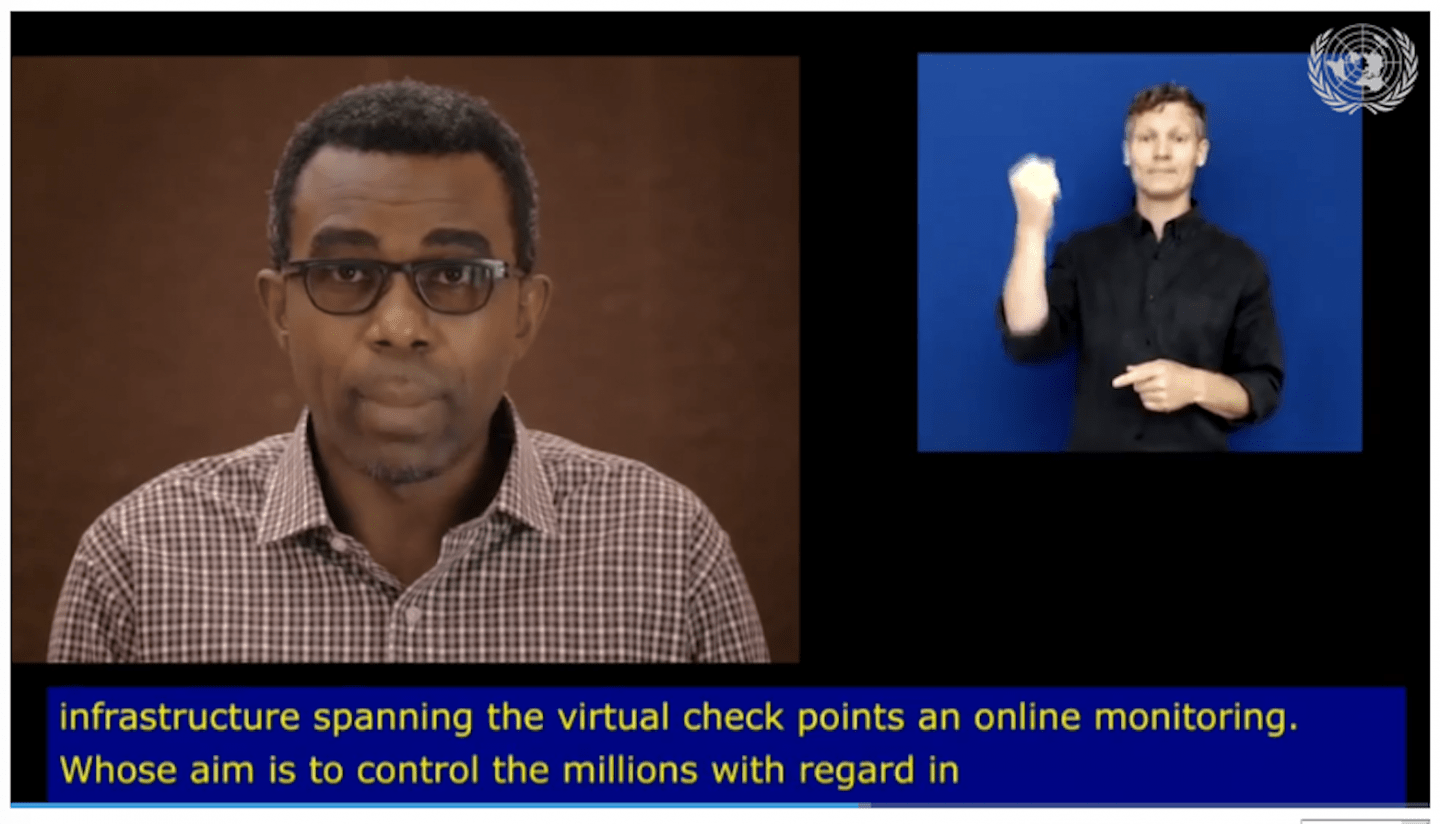
HRC44 – MRG’s participation in the UN panel on digital technologies and human rights
Human Rights Council – 44th Session
Geneva, 8 Wednesday 2020
Panel discussion on the impacts, opportunities and challenges of new and emerging digital technologies with regard to the promotion and protection of human rights
Madam Chair,
Minority Rights Group welcomes the convening of this panel on an important topic that has many implications for the rights of minorities and indigenous peoples.
We would like to make three points, drawing from our forthcoming report on this topic.
Firstly, digital technologies require the production of goods and infrastructure. The issue of the human cost of making new technology should not be neglected. Whether we speak of children working in cobalt mines in the DRC, or proposed deep sea-bed mining for rare earths which risks destroying a vital sacred space of Pacific Islanders, it is as ever marginalised groups that pay the heaviest price.
Secondly, for many minorities and indigenous peoples, poverty is itself a major barrier to accessing technology. Limited information in minority or indigenous languages can compound lack of access. Both factors contribute to a “digital gap” that further entrenches the marginalization minorities and indigenous peoples experience and has serious implications in terms of access to public services and information.
Thirdly, digital technologies are also mobilized in a discriminatory manner that violate the rights of marginalised communities. In Xinjiang, the Chinese government has created a vast surveillance infrastructure spanning DNA tests, virtual checkpoints and online monitoring to control the millions of Uyghurs in the region. In Europe, migration management involves the use and testing of various technological ‘solutions’ such as facial scanning, spy drones and even lie detectors.
But Madame Chair,
Digital technologies can also present opportunities for the realization of human rights. Social media has enabled #BlackLivesMatter to become a truly global movement, mobilising activists around the world.
I thank you.